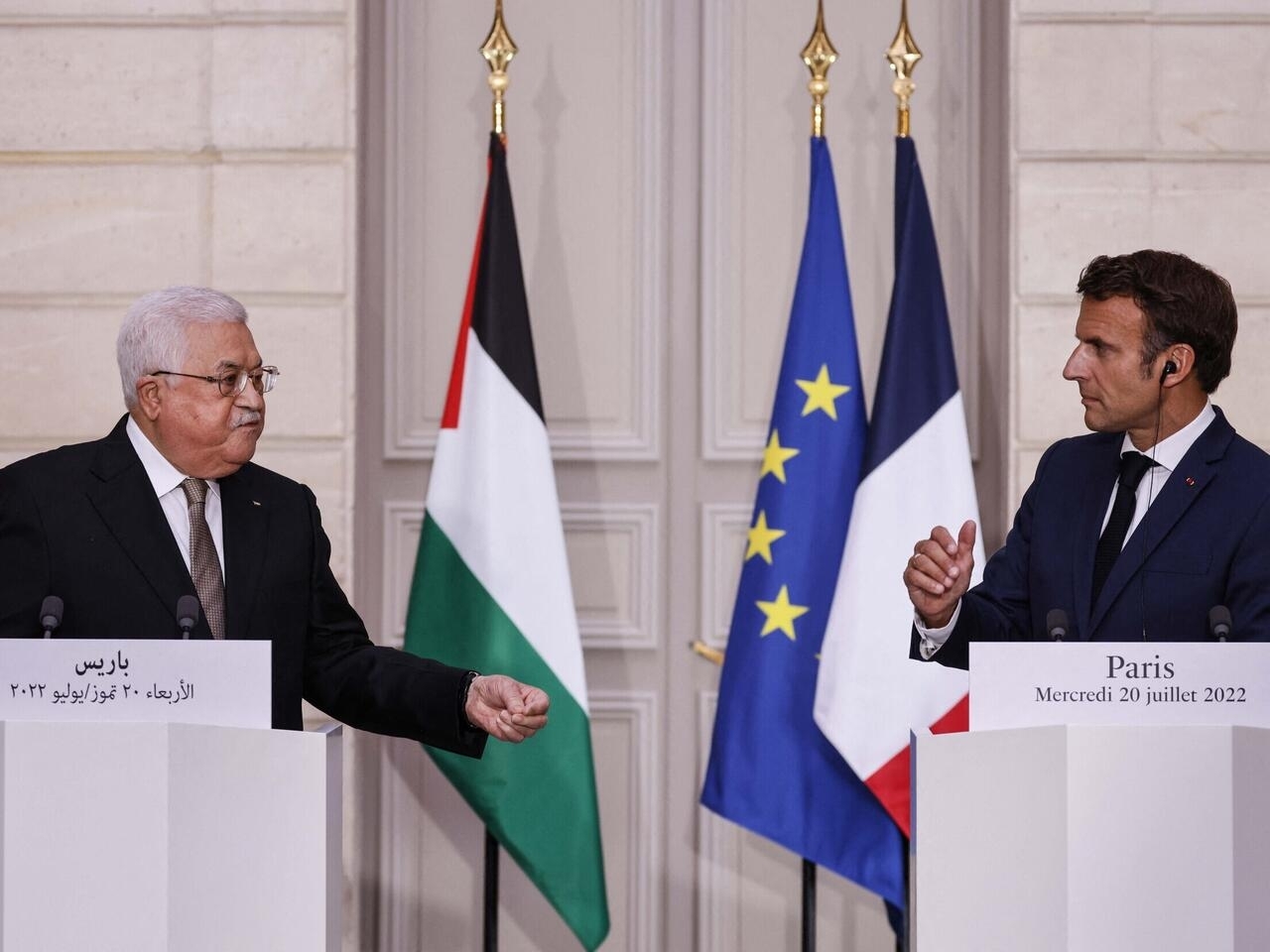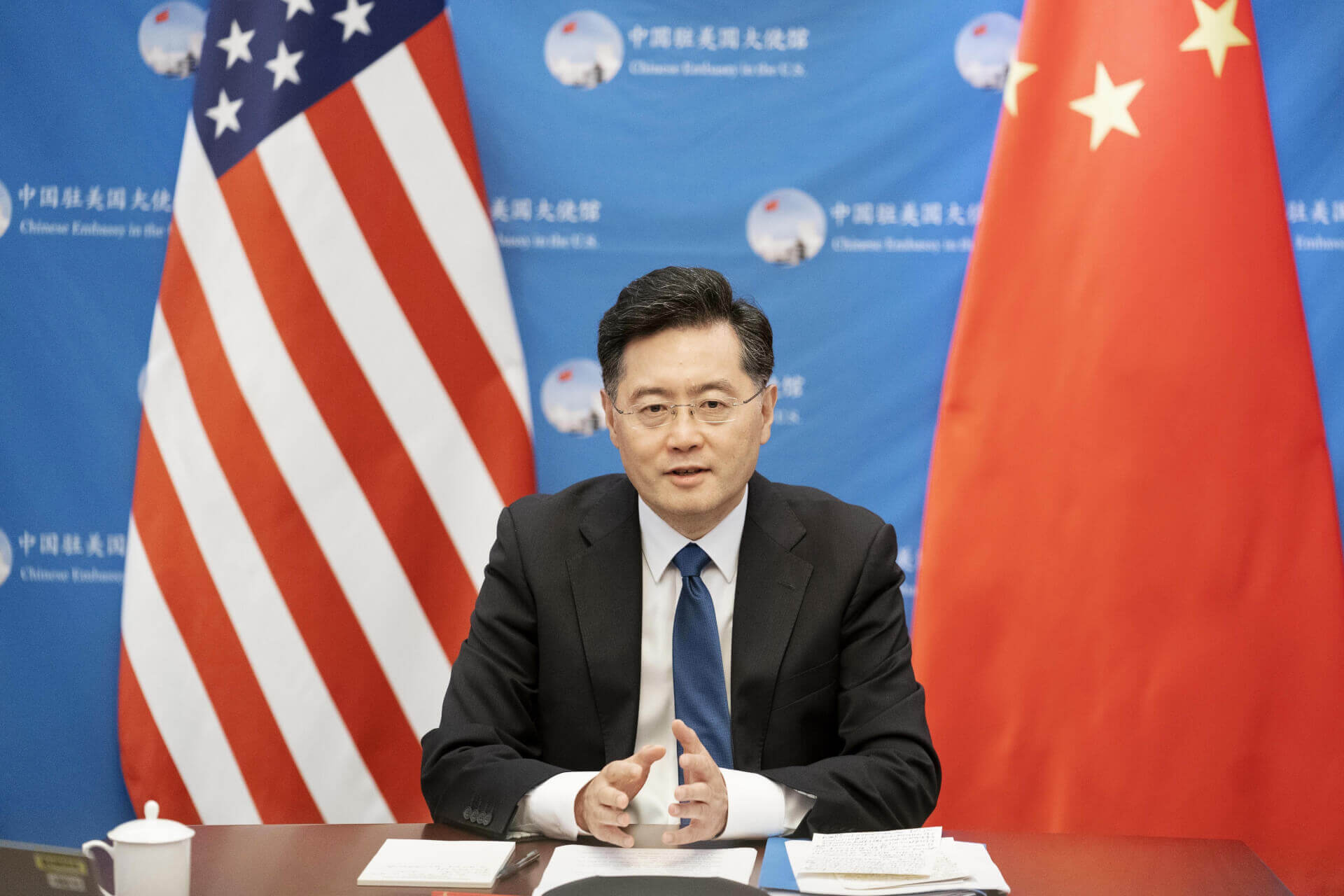South Asia
The United Nations Assistance Mission in Afghanistan reported that over 700 civilians in Afghanistan have been killed since the Taliban’s takeover in August, with 1,400 others injured. The organisation also reported incidents of summary killings and forced disappearances. [Khaama News Press Agency]
Through a deal with Namibia, India will bring cheetahs back to its national parks; the animal went extinct in the country in 1952. According to Indian Minister of Environment and Forests Bhupender Yadav, the agreement will help “promote conservation and restoration” of the cheetah to pre-extinction levels. [The Hindu]
Central Asia and the Caucasus
The leaders of all five Central Asian countries will meet in Cholpon-Ata, Kyrgyzstan, on Thursday to discuss economic, political, and security ties. The leaders are also expected to talk about the instability caused by the Russia-Ukraine war, Kazakhstan, Tajikistan, and Uzbekistan protests, and the Afghan crisis. [RFE/RL]
Human rights groups have condemned the European Union’s decision to ink an energy deal with Azerbaijan over concerns of rights abuses. According to Human Rights Watch, Baku has launched a crackdown on critics and activists, including the use of torture to extract confessions. Other organisations noted that the deal would give Azerbaijan the license to increase its repression. [The Guardian]
East and Southeast Asia
The Association of Southeast Asian Nations’ (ASEAN) special envoy to Maynmar, Prak Sokhonn, announced his third official trip to the country in mid-September. Prak said on Wednesday that he hopes to meet ousted leader Aung San Suu Kyi. If the meeting is granted, Prak said he would consult the former leader on “How she sees the way out of the crisis, how her political influence could have weight on the political process” and the possible “political dialogue that could lead to peace and reconciliation.” He added that he would question Suu Kyi on “how her principle of non-violence could influence all the armed factions in order to stop violence.” [Channel News Asia]
China’s ambassador to the United States (US), Qin Gang, said on Wednesday that the Biden administration is “hollowing” and “blurring out” the “One China” policy by lobbying for Taiwan and criticising Beijing for its actions in Hong Kong and Xinjiang. “Xinjiang and Hong Kong-related issues are not about democracy, human rights or religion, it’s about anti-secession, it’s about protecting people’s lives, safeguarding China’s national sovereignty,” he asserted. “Hong Kong has to be decolonised and governed by people loving China, loving Hong Kong,” he said. [The Straits Times]
Europe
The United Kingdom witnessed several fires across the country amid the ongoing heatwave, which has seen temperatures rise to 40.3 degrees Celsius. The fires have destroyed several houses and disrupted rail services. [BBC]
The European Commission called on member nations to cut down their use of natural gas by 15% between August 1, 2022, and March 31, 2023. Commission chief Ursula von der Leyen stressed that cutting down the use of gas will help the bloc mitigate the gas cut-off from Russia. [Euronews]
While addressing the United States (US) Congress on Wednesday, Ukrainian First Lady Olena Zelenska requested lawmakers to supply Ukraine with more arms in order to ensure a “joint great victory” against what she said was Russia’s “hunger games.” “I am asking for weapons, weapons that would not be used to wage a war on somebody else’s land, but to protect one’s home and the right to wake up alive in that home,” Zelenska remarked. The US has already provided Ukraine with $8 billion worth of security assistance since the Russian invasion started. [Reuters]
Latin America and the Caribbean
Around 60 officials from four Central American countries—El Salvador, Honduras, Nicaragua, and Guatemala—were named in United States (US) State Department’s Corrupt and Undemocratic Actors Report released on Wednesday. The list accuses former and serving lawmakers, judges, and businesspersons of engaging in actions that “undermine democratic processes or institutions, significant corruption, or obstruction of investigations into such acts of corruption.”Those identified in the report are now ineligible for US visas, wherein already issued visas may also be revoked. Some of those named include Salvadoran President Nayib Bukele’s press secretary and his legal adviser, two Guatemalan Supreme Court justices, and a vice president of the Honduran congress. [US Department of State]
On Wednesday, Mexican President Andres Manuel López Obrador pushed back against the United States’ (US) criticism of his energy policies, which prioritise state energy companies over private investors. He defended the policies as being in line with “public interest” and “against greedy companies used to stealing.” He lambasted US complaints for presenting “ultra-conservative interests,” and stated that “the argument of using clean energy to do dirty business doesn’t work anymore,” adding that his policies do not violate the US-Mexico-Canada Agreement trade pact. [Reuters]

Middle East and North Africa (MENA)
An Islamic State attack in Iraq’s Salaheddin province on Wednesday killed at least six policemen and injured several others. The attack came a day after six security forces were killed by ISIS in Matibija. [Rudaw]
French President Emmanuel Macron stressed the need to revive “direct political dialogue between the Israelis and the Palestinians” during a meeting with his Palestinian counterpart Mahmoud Abbas in Paris on Wednesday. Macron noted that while reviving peace talks could be difficult, it is the only alternative to violence. [Times of Israel]
North America
In what appears to be an about turn from the Pentagon’s earlier position, United States (US) chief of staff of the Air Force Gen. Charles Brown revealed that Washington and its allies are mulling over supplying Ukraine with “non-Russian” fighter jets. Brown also mentioned that the American fighter jets, the Swedish Gripen fighters, the Eurofighter Typhoon, and the French Rafale fighters are being considered to help bolster Ukraine’s defence capabilities against Russia. In March, the Pentagon had rejected Poland’s offer of supplying its Mig-29 fighter jets to Ukraine, calling it a “high risk” plan that could increase tensions with Russia. [The Hill]
On Wednesday, the Royal Canadian Air Force (RCAF) disclosed that it is finding ways to prevent real-time tracking of military aircraft, especially the planes that carry the Prime Minister and the Governor General. “This includes potential measures to limit the visibility of RCAF aircraft on publicly accessible aircraft tracking platforms,” said head of media relations for the Department of National Defence Daniel Le Bouthillier, adding that the air force has been working with NAV Canada, Transport Canada, and other partners to figure out ways to increase security on some military flights. [The Globe and Mail]
Oceania
Fears of a potential outbreak in Australia’s livestock industry are running high as authorities found traces of foot and mouth disease in imported animal products. The highly contagious disease poses a serious threat to Australia’s $22 billion livestock industry, as a widespread outbreak could cost the industry more than $55 billion. [South China Morning Post]
New Zealand immigration authorities are scrapping the“Investor 1” and “Investor 2” visa categories in favour of a new “Active Investor Plus” category in order to streamline investment from foreigners seeking residence in the country. The new category will favour applicants who invest in companies with high-growth potential. It will make also it harder for applicants looking to invest in private investment funds and charities to gain residency. [NZ Herald]
Sub-Saharan Africa
Tensions escalated once again between the Malian junta and the United Nations after military authorities on Wednesday expelled MINUSMA spokesperson Olivier Salgado, citing his “tendentious and unacceptable” tweets about the arrest of 49 Ivorian soldiers by Mali’s military last week. The soldiers were declared “mercenaries” by the junta, with the foreign ministry condemning Salgado’s posts for “declaring without any proof that the Malian authorities had been previously informed” of their arrival. [Africa News]
On Wednesday, United States (US) President Joe Biden announced a US-Africa Leaders Summit in Washington to be held in December to “demonstrate the US’ enduring commitment to Africa.” He plans to “foster new economic engagement,” address democracy and human rights issues in the region, and frame strategies to tackle pandemics, climate change, and food insecurity in African nations. The summit comes against the backdrop of rising Chinese and Russian influence in the region. [AFP]

